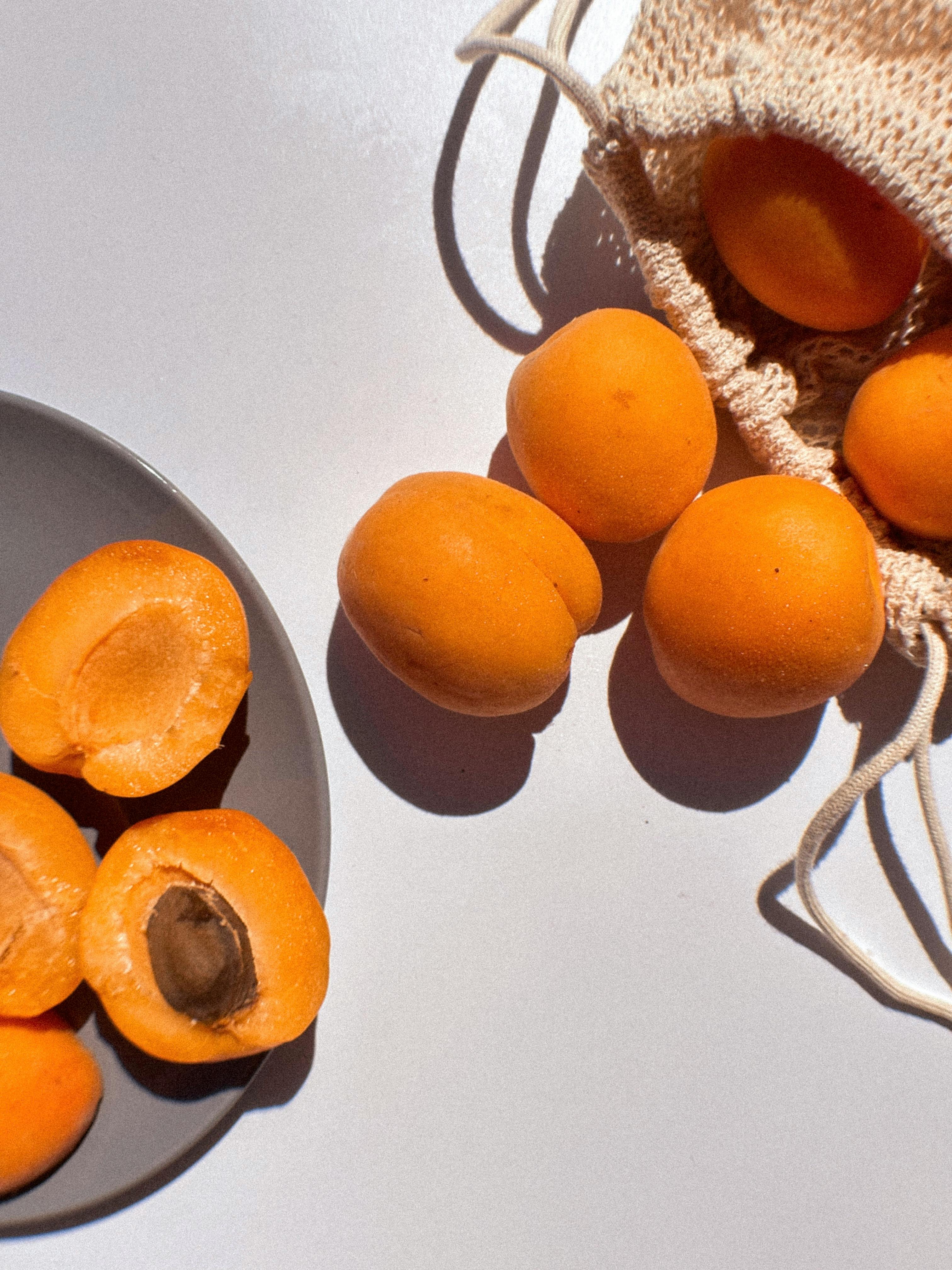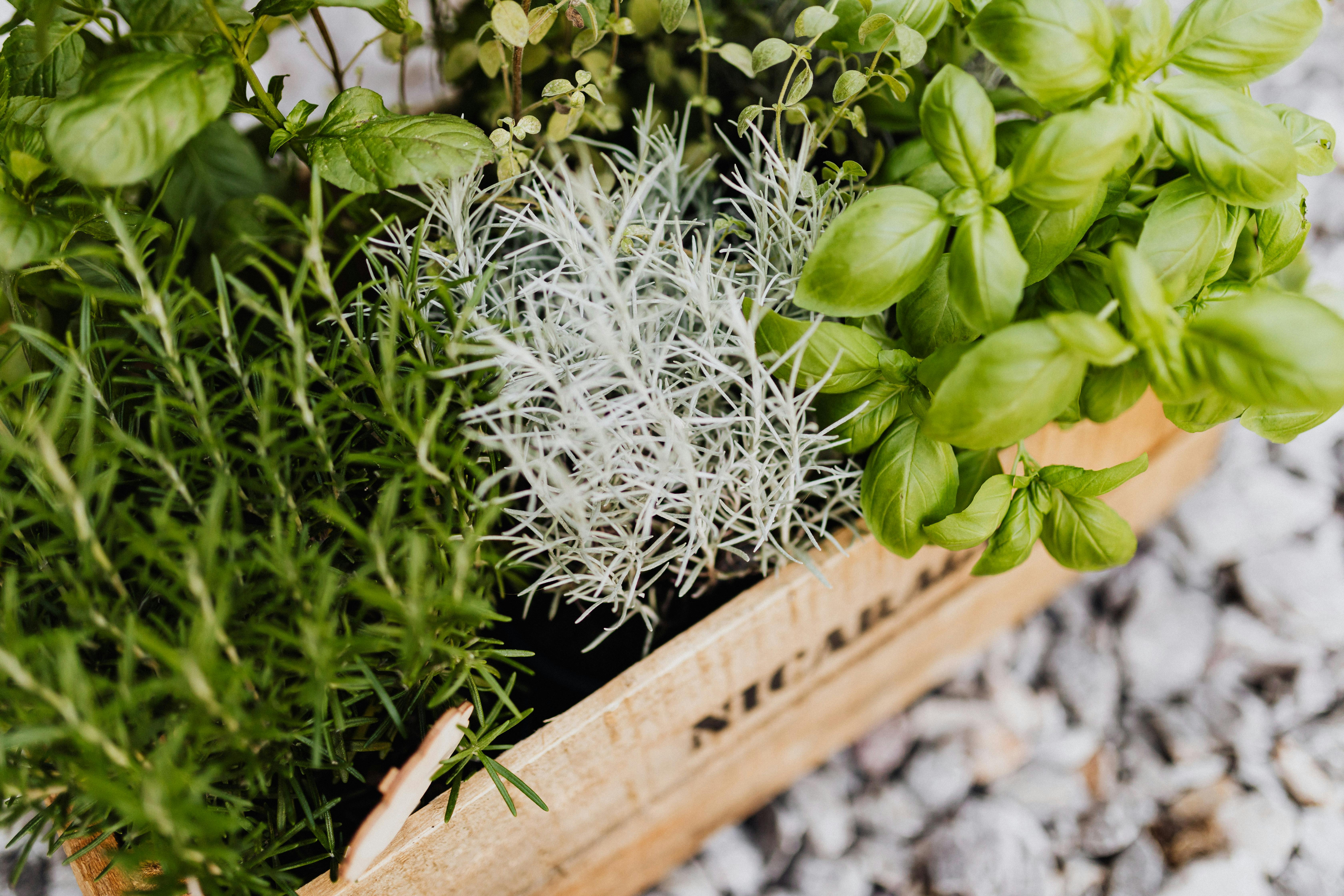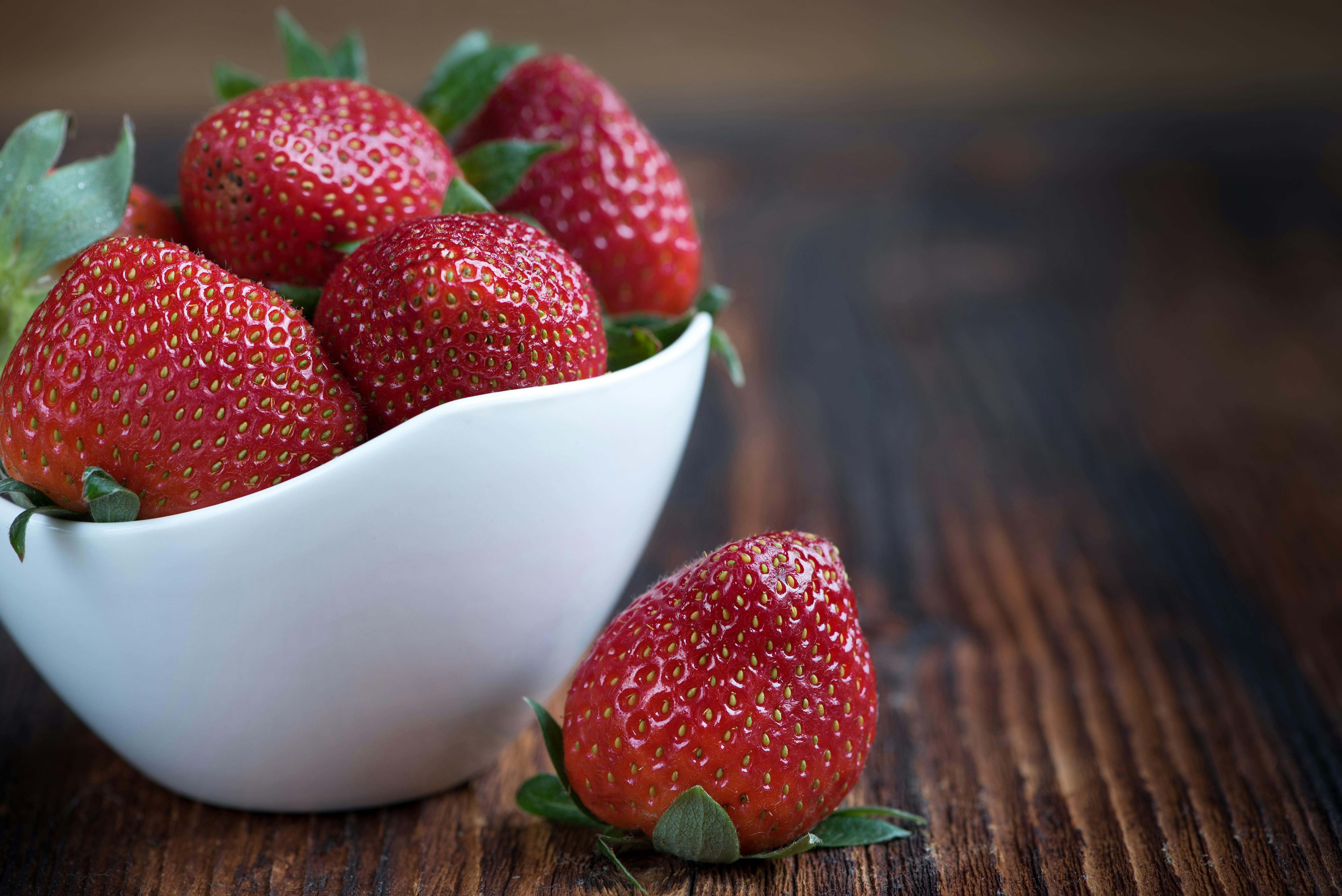 |
Nature’s Dessert Cookbook: Healthy, Delicious & Naturally Sweet Recipes Don’t want or can’t tolerate sugar alcohols and artificial sweeteners? This cookbook is for you! Every dessert is naturally sweetened with whole ingredients rich in fiber and protein, slowing sugar absorption and making them diabetic-friendly. It gathers your favorite recipes from the website—plus brand-new ones—all in one convenient place. Indulge in truly natural treats without compromise! |
 |
Diabetic Baked Goods: Everyday Bakes for Every Meal Diabetic cookbook designed to make healthy baking simple, accessible, and enjoyable. This collection of low-carb, high-fiber, and protein-rich recipes provides a reliable solution for those looking to enjoy diabetic bread and baked goods without blood sugar spikes. Every recipe includes a video tutorial, making it even easier to follow along and bake with confidence! |
 |
What Makes This Cookbook Different?
|
Herbs and Spices for Diabetes: Natural Ways to Support Health
Herbs and spices for diabetes can serve as valuable allies in its management. Managing diabetes often involves careful dietary choices, but that doesn't mean your meals have to be bland or boring. Herbs and spices not only elevate the taste of your food but also come with remarkable health benefits, including blood sugar regulation.
These natural flavor enhancers, such as cinnamon, turmeric, and fenugreek, have long been used in traditional medicine. Recent studies have also confirmed the benefits of spices for overall health.1
Herbs and Spices Good for Diabetes: Let's Spice Things Up
While there are many options available, today we'll focus on just a few that are known—or believed—as herbs and spices for diabetes.
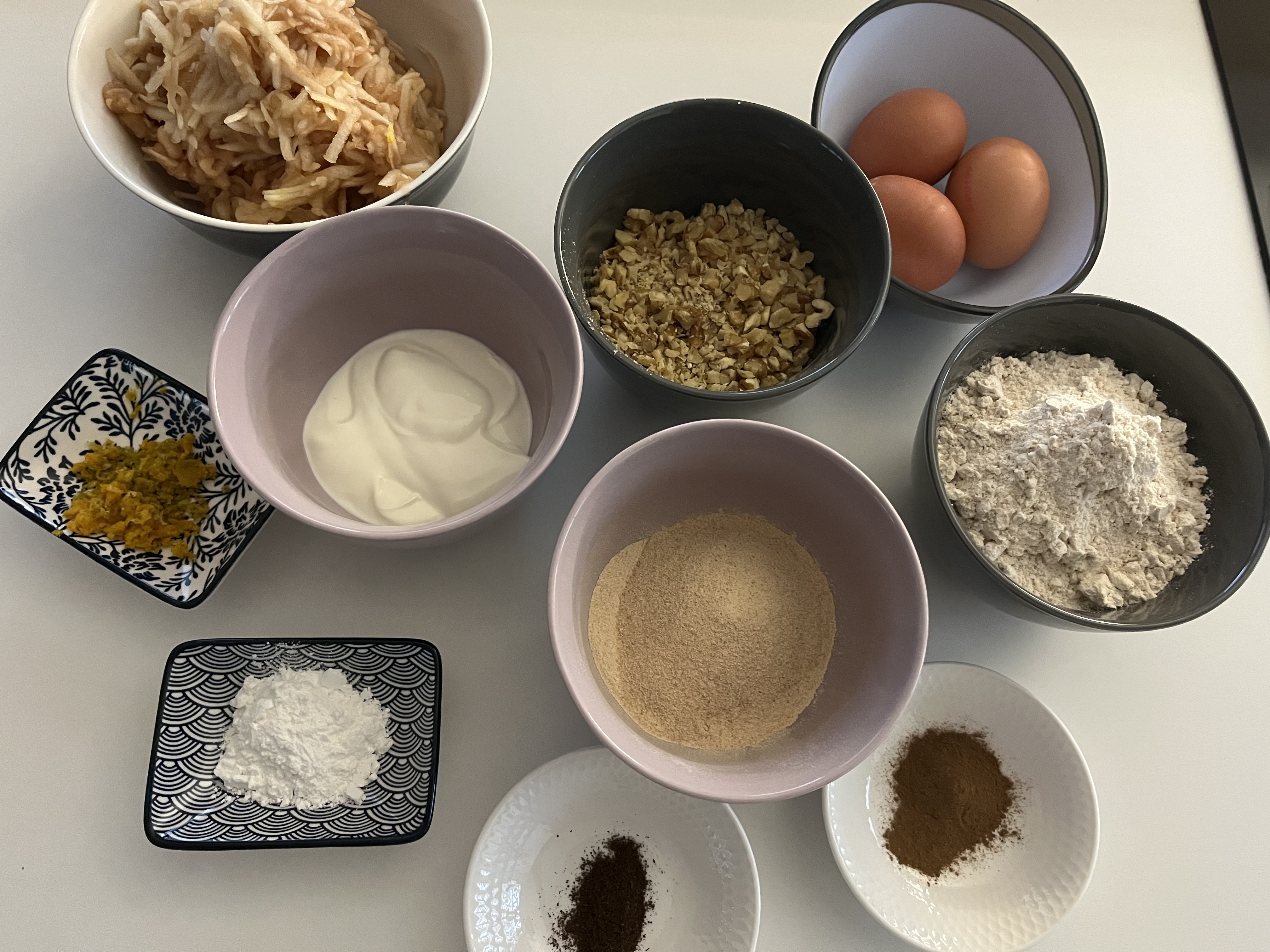
Cinnamon is a beloved spice found in most kitchens, valued for its comforting aroma and versatility in baked goods, desserts, and even savory dishes. While it’s often touted as a natural remedy for managing diabetes, research presents mixed results regarding its effects on diabetic patients. This makes it essential to address common misconceptions and emphasize the importance of incorporating cinnamon into a balanced approach to diabetes management.3
Turmeric, with its vibrant yellow color, brings both flair and therapeutic benefits to any dish. Curcumin, its main active ingredient, has been shown to have anti-inflammatory and antioxidant effects, which are beneficial for people with diabetes.
Fenugreek seeds are another powerful ally in diabetes management. They have a unique, slightly bitter flavor that pairs well with curries and other rich dishes. Fenugreek seeds are rich in soluble fiber, which helps manage blood sugar levels by slowing down carbohydrate absorption. Soaking the seeds overnight and incorporating them into your meals can be an effective natural treatment for diabetes.
Basil is more than just a fresh herb for your caprese salad. Its extracts have been found to lower blood sugar levels postprandial (after eating) and have anti-inflammatory properties. Basil can be used fresh in salads, pastas, and even desserts, adding a sweet, peppery kick that's as delightful as it is healthy.
Barberry might not be as common in your pantry, but it's worth considering. The berries are rich in berberine, an alkaloid that has shown potential in improving glucose metabolism and insulin sensitivity. You can incorporate barberry into savory rice dishes, and it can even be used in sweets, such as compotes or jams.
Ginger is a versatile ingredient that zests up both sweet and savory dishes. Known for its digestive benefits, ginger also has properties that help in managing blood glucose levels. It can be added to stir-fries, desserts, and even brewed into a spicy, warming tea, perfect for enhancing both flavor and health.
Nutmeg, often associated with holiday desserts, also possesses health benefits for diabetics. Its aromatic charm can add warmth to your baked goods. While its role in regulating blood sugar isn't as strong as some other spices, nutmeg can aid digestion and add a comforting essence to diabetic-friendly dishes.
Clove is not only a quintessential holiday spice but also a potent antioxidant. Packed with eugenol, clove has been studied for its possible effects on reducing blood sugar levels. It can be included in both desserts and savory recipes, adding a depth that combines both sweetness and spice.
Cumin is a widely used spice that’s great for adding earthiness to your meals. It contains antioxidants that can help combat inflammation and possibly improve insulin sensitivity. Whether you’re seasoning your taco night or spicing up a dessert of spiced nuts, cumin can be a valuable.
Marjoram, related to oregano, offers similar benefits with a milder taste. It's a heart-friendly spice that has been reported to have positive effects on insulin sensitivity and glucose regulation. Its subtle, sweet flavor can complement poultry, fish, and bean dishes beautifully.
Oregano is more than a pizza-topping vegetable. Rich in antioxidants and potent anti-inflammatory properties, its consumption might support metabolism and glucose balance. Oregano works well in Mediterranean and Italian cuisines and can be integrated into casseroles, salads, and even soups.
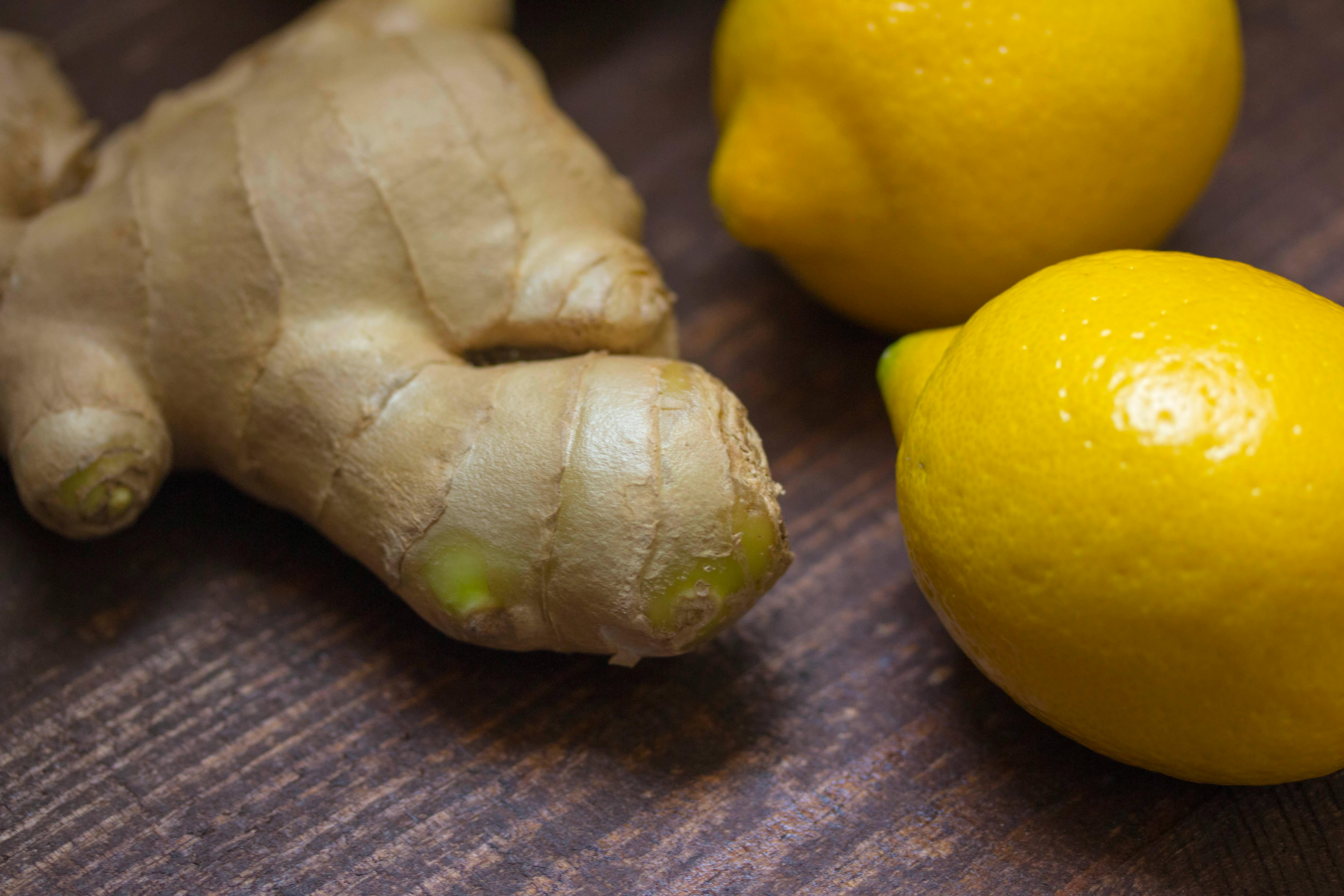  |
  |
Herbs and Spices Naturally Complement Sweet and Savory Dishes
Cinnamon and nutmeg can be paired with apples in a low-sugar desert, while basil and ginger can bring a spicy, aromatic flair to fruit salads.
Including turmeric in your daily meals—whether it's in soups, stews, or even teas—can support your health regimen and add a rich, earthy flavor to your cooking. Turmeric allows me to reduce the amount of salt in many dishes, and I've even experimented with it in desserts. I add a small amount of turmeric to plain shortbread cookies, and they turn out to be quite the conversation starter! Their vibrant yellow color look as if I had used food coloring.
I often use coriander in salad dressings, where it adds a refreshing, slightly sweet taste. Nutmeg is my favorite for soups, while cloves enhance the flavor of various sauces. These spices can also shine in desserts. The delightful aromas of cinnamon, nutmeg, ginger, and cloves don’t have to be reserved just for the holidays—they can elevate all kinds of desserts year-round. For instance, ginger pairs wonderfully with almond flour in desserts and works beautifully in shortbread cookies.
When adjusting recipes for diabetes management, there's always room for creativity but I recommend starting with small amounts. This ensures the spice doesn’t dominate the flavor but blends harmoniously with the other ingredients. If needed, you can gradually increase the amount once you find the perfect balance.
Subtle integrations can easily elevate meals without overwhelming the palate or causing unintentional side effects.
Herbs and spices for diabetes invite exploration in the kitchen, turning ordinary moments into culinary adventures.
It's Wise to Be Cautious: Not All Spices Are Suitable for Everyone
However, as with any dietary change, it's wise to be cautious. Not all herbs and spices are suitable for everyone, and excessive consumption can lead to adverse effects. It's advisable to consult with a healthcare professional, especially if you're considering incorporating them as a part of a natural medicine for diabetes routine.
With a warm and creative approach, integrating a variety of herbs and spices into your family's meals can be both a healthful and satisfying endeavor. Enjoy the process of experimenting and enhancing meals while supporting the health of your loved ones vibrantly and naturally.

